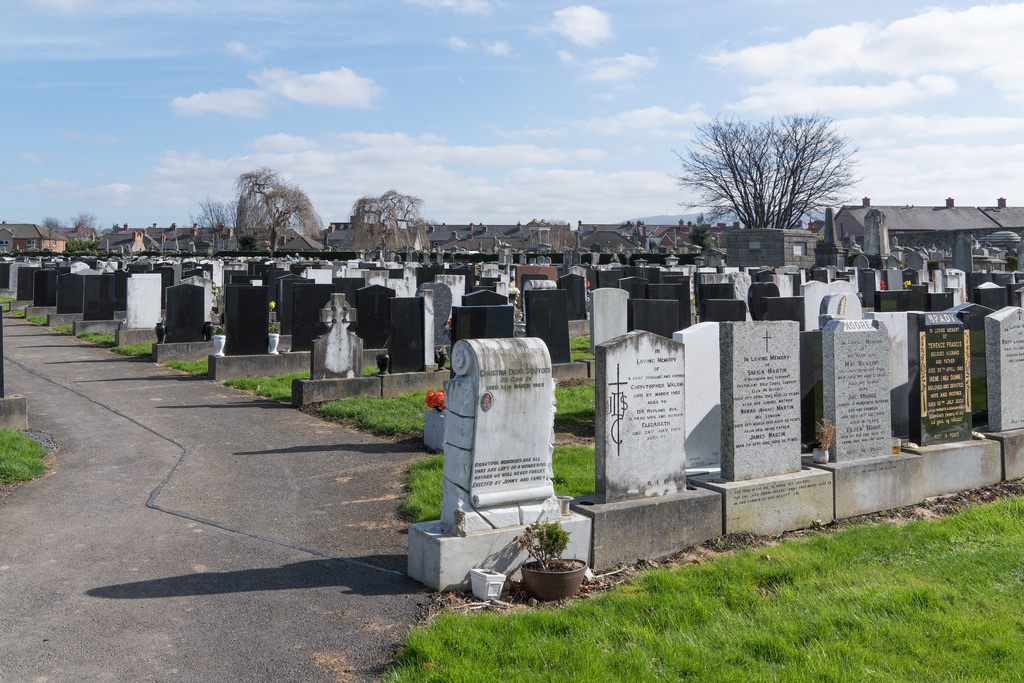Compare Burial versus Cremation – Perspective and Choice

June 7, 2018
Traditional
Cremation Versus Burial
With the rising cost of funeral expenses today, many people are choosing cremation instead of burial. However, some people often have concerns about cremation. They want to be sure the practice of cremation is appropriate.
This study offers a perspective, presenting the arguments both in favor and against the practice of cremation.

Latest Developments
Background:
Interestingly, there is no specific teaching in the Bible about cremation. Although cremation accounts can be found in the Bible, it was not common or accepted at all for Jews or early believers to be cremated.
Today, traditional Jews are prohibited under the law from practicing cremation. Eastern Orthodox and some Fundamentalist Christian denominations do not allow cremation.
The Islamic faith also forbids cremation.
The word “cremation” is derived from the Latin word “crematus” or “cremare” meaning “to burn up”.
During the process of cremation, human remains are placed in a wooden box, and then into a crematorium or furnace. They are heated to temperatures between 870 – 980°C until the remains are reduced to bone fragments and ashes. The bone fragments are then processed in a machine until they resemble coarse sand, light gray in colour.
Arguments Against Cremation:
There are Christians who object to the practice of cremation. Their arguments are based on the biblical concept that one day the bodies of those who have died in Christ, will be resurrected and reunited with their souls and spirits. This teaching assumes that if a body has been destroyed by fire, it is impossible for it to be resurrected later and reunited to the soul and spirit.
Corinthians 15:35-55:
It is the same way with the resurrection of the dead. Our earthly bodies are planted in the ground when we die, but they will be raised to live forever. Our bodies are buried in brokenness, but they will be raised in glory. They are buried in weakness, but they will be raised in strength. They are buried as natural human bodies, but they will be raised as spiritual bodies. For just as there are natural bodies, there are also spiritual bodies.
Then, when our dying bodies have been transformed into bodies that will never die, this Scripture will be fulfilled: “Death is swallowed up in a victory. O death, where is your victory? O death, where is your sting?”(Excerpt Verses 42-44; 54-55 NLT)
Thessalonians 4:16:
“For the Lord himself will come down from heaven, with a loud command, with the voice of the archangel and with the trumpet call of God, and the dead in Christ will rise first”. (NIV)
More Points in Opposition to Cremation:
- Most of the key people in the Old Testament were buried. In fact, it was considered a dishonor to the people of Israel not to receive a proper burial.
- Most of the people who were burned to death in the Bible were receiving a punishment.
Some Practical Points Against Cremation:
- Unless the cremated remains are interred in a perpetual care cemetery, there will be no permanent marker or place to honor and memorialize the life and death of the deceased for generations to come.
- If interned, cremated remains can be lost or stolen. It is important to consider where and by whom they will be kept, as well as what will happen to them in the future.
Arguments For Cremation
Just because a body has been destroyed by fire, doesn’t mean God can’t one day resurrect it in newness of life, to reunite it with the soul and spirit of the believer. If God could not do this, then all believers who have died in a fire are without hope of receiving their heavenly bodies.
All flesh and blood bodies eventually decay and become like dust in the earth. Cremation simply speeds the process along. God is certainly able to provide a resurrected body for those who have been cremated. The heavenly body is a new, spiritual body, and not the old body of flesh and blood.
More Points in Favour of Cremation:
- Cremation can be less expensive than burial.
- In certain circumstances, when family members wish to delay the memorial service, cremation allows more flexibility in scheduling a later date.
- The idea of allowing the body to decay in the ground is offensive to some people. A quick, clean disposal by fire is sometimes preferred.
- The deceased or family members may wish to have the cremated remains placed or scattered in a significant location. While this is sometimes an important reason for choosing cremation, additional considerations should be made first: Will there also be a permanent place to honor and memorialize the life of the deceased? For some, it’s crucial to have a physical marker—a place that will mark the loved one’s life and death for generations to come. If the cremated remains are to be interned, it is important to consider where and by whom they will be kept, as well as what will happen to them in the future. For this reason, it may be preferable to have the cremated remains interred in a perpetual care cemetery.
Resolution
Cremation vs. Burial – A Personal Decision
Oftentimes family members have strong feelings about the way they want to be laid to rest. Some Christians are firmly opposed to cremation, while others much prefer it to burial. The reasons are varied, but often private and very meaningful to them.

